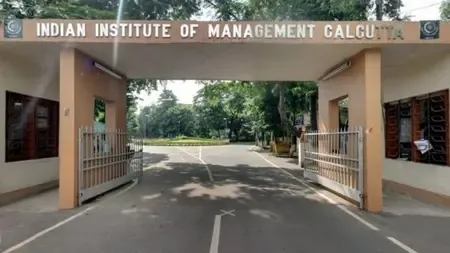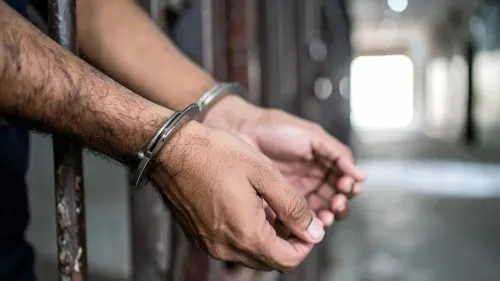Is the IIM-Calcutta Rape Case Victim Refusing to Cooperate?

Synopsis
Key Takeaways
- Victim's non-cooperation raises legal concerns.
- Conflicting statements between the victim and her father.
- Potential advantages for the accused if non-cooperation continues.
- Legal experts stress the importance of cooperation in such cases.
- Investigators may explore misleading information claims.
Kolkata, July 15 (NationPress) Following the denial of assault by the father of the alleged victim in the rape incident that occurred on the esteemed campus of the Indian Institute of Management-Calcutta (IIM-C) at Joka last week, investigators are now encountering non-cooperation from the woman.
The accused, who is a student at IIM-C, may find himself in a favorable position due to this situation, as per legal analysts.
Experts suggest that if the victim continues to be uncooperative, law enforcement could potentially initiate a separate inquiry against her to ascertain whether she provided misleading information to the police.
The initial signs of this non-cooperation were evident when the victim failed to show up for a required medico-legal examination despite repeated requests from the police.
She was also expected to appear in a trial court on Monday to record her confidential statement before a judicial magistrate but did not attend. It remains to be seen if she will appear on Tuesday for her statement.
Moreover, she has yet to hand over the clothing she wore during the alleged incident at the boy’s hostel of IIM-C on July 11.
Compounding the situation are the conflicting statements from both the victim and her father regarding the alleged assault, with her father consistently asserting that nothing inappropriate occurred.
Despite the trial court’s decision on July 12 to remand the sole accused, Parmanand Mahaveer Toppannavar a.k.a. Parmanand Jain (26), to police custody until July 19, the victim’s father has maintained his stance.
The counsel for the accused has begun requesting a comprehensive investigation into these issues of non-cooperation and contradictory statements, arguing that they could warrant a reduction in the duration of police custody for his client.
Senior advocate Kasuhik Gupta noted that if the victim, who initially filed the rape complaint, continues her non-cooperation, it could significantly weaken the prospects of establishing a solid case against the accused.
Additionally, senior counsel Anirban Guha Thakurata mentioned that the police could potentially investigate whether the preliminary information provided by the victim was misleading.









